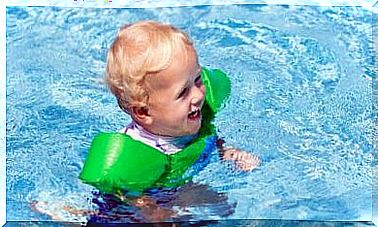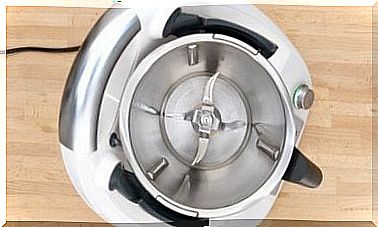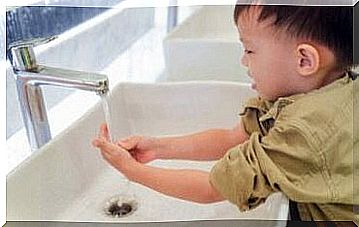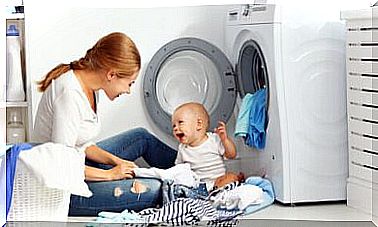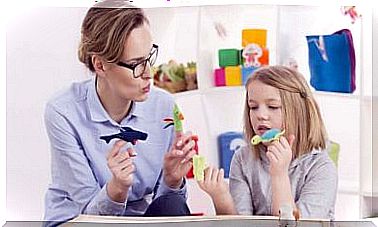The Importance Of Teaching Children To Drink Water In Summer – You Are Mom
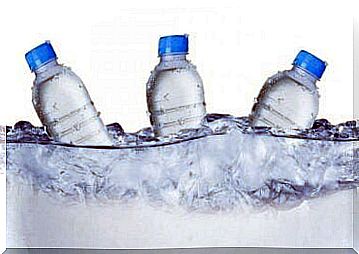
As they say, water is life, and that is why it is very important to teach children to drink water in summer. For those days when children are very active and the heat is intense, it is essential that they stay hydrated.
Water is the main component of the human body. For adults, it varies between 70 and 75%, for children, nearly 80%; the objective is therefore to maintain this proportion.
In most cases, when children say they feel tired, it can be due to insufficient water intake, and their bodies are functioning inefficiently.
Adequate and regular water consumption has many health benefits. Let us not forget that teaching children to drink water in the summer, in addition to keeping their bodies healthy, will make them active and happy.
Benefits of teaching children to drink water in summer
The benefits of getting children used to drinking water are more than proven. If children are well hydrated, their bodies will function properly. In addition, it will be a good way to encourage a healthy habit of taking care of your body.
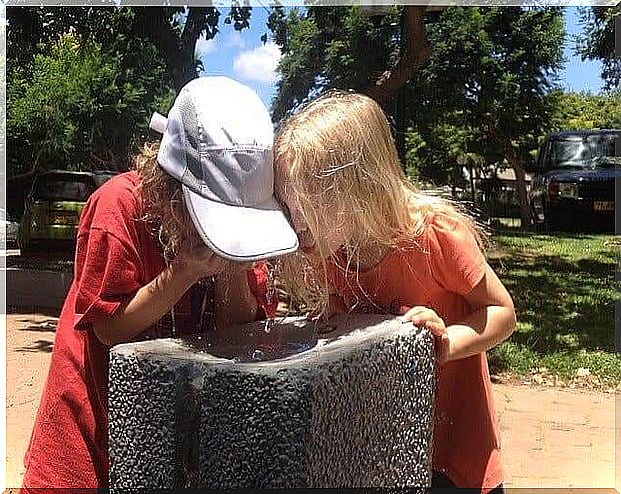
Among the most important advantages are the following :
- Water helps the body eliminate toxins ; it is a daily process of purification by waste: urine, stool and sweat.
- With the vital liquid, the metabolism of food is stimulated.
- Water improves the functioning of the gastrointestinal system ; it prevents constipation, a very common discomfort in children.
- This process keeps the joints, tendons and mucous membranes lubricated.
- Drinking water optimizes the process of transferring nutrients to cells.
- The thermoregulatory function will be ensured effectively, thus protecting your vital organs.
How Much Water Should Children Drink?
Children are more sensitive to temperature changes ; their skin is thinner and this allows for more complex sweating, losing a lot of fluid even if they don’t show signs of thirst.
A breastfed baby will have its water needs covered ; it should be remembered that breast milk is made up almost entirely of water.
From the first year, it is recommended to give the baby juice or milk every three hours; when the child is four years old, he should drink an average of 1.5 liters of water per day, and from 9 to 13 years old, 2.4 liters per day.
In reality, these measurements are standard and merely indicative; the size and weight of the child, as well as the level of activity and place of residence, must be taken into account. In summer, high temperatures, humidity and heavy sweating cause the child to lose a lot of fluid.
Warning signs
Infants and young children can become dehydrated when they have viral illnesses with diarrhea and vomiting. Be aware of these symptoms if they occur :
- The urine turns dark.
- The stools are dry and hard.
- Loss of 5% of their body weight.
- The skin acquires a grayish tone.
- Their mouth, tongue, eyes, and mucous membranes are usually dry.
- The child is continually tired, with signs of exhaustion.
- They urinate very little. Babies should urinate at least every 3 hours.

If any of these symptoms are observed, it is recommended that you see your pediatrician and start fluid replacement therapy, both oral and serum. You can also choose to get prescriptions at home while you wait for medical assistance.
Recommendations for hydrating children in summer
- Their clothes should be cool and comfortable; it is advisable to put sunscreen on them, as well as to make them wear hats and caps.
- Drink water, natural juices and granita.
- Include melon, tomato, watermelon, zucchini, strawberry and pineapple in their summer diet. These foods are made up of almost 90% water; as a snack or dessert, they are ideal for keeping children hydrated
- Avoid exposing children to the sun, in the hottest hours, as well as in unventilated places.
Children and the elderly are most likely to suffer from heatstroke and high temperatures in the summer. By taking a few precautions, you will avoid worries and headaches.

